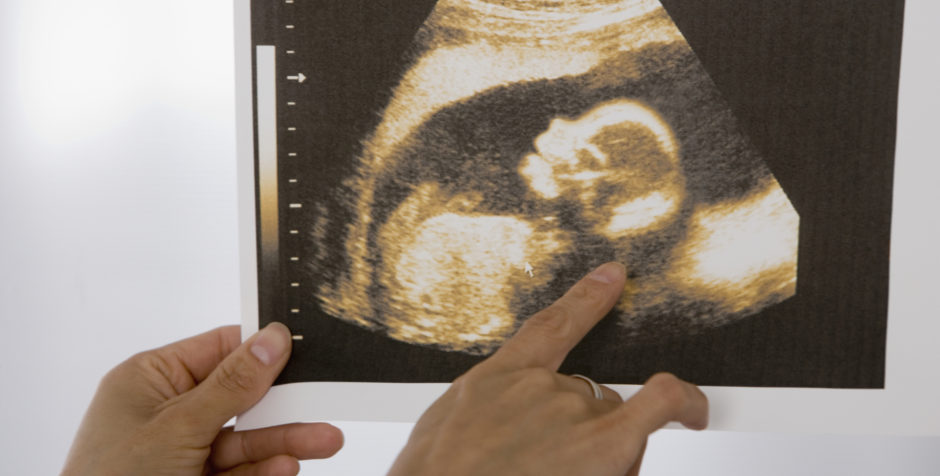Major First Amendment Update: Supreme Court Agrees to Hear Pro-Life Free Speech Case
Today, the U.S. Supreme Court took a critical first step in protecting the First Amendment right of pro-life pregnancy care centers to speak to their clients free from government coercion.
The Court has granted a petition for a writ of certiorari regarding the constitutionality of California’s Reproductive FACT Act, a law mandating that pregnancy care centers speak a government-crafted, pro-abortion message to their clients even if speaking that message violates their moral and religious beliefs.
As explained in more detail here, in October 2015, Governor Jerry Brown signed into law a requirement that licensed pregnancy centers advise each and every one of their clients, no matter the reason for their visit, of the following information:
California has public programs that provide immediate free or low-cost access to comprehensive family planning services (including all FDA-approved methods of contraception), prenatal care, and abortion for eligible women. To determine whether you qualify, contact the county social services office at [insert the telephone number].
Before the law went into effect on January 1, 2016, we filed suit on behalf of three California pro-life pregnancy care centers: LivingWell Medical Clinic, Pregnancy Care Center of the North Coast, and Confidence Pregnancy Center.
These centers help women in need of emotional, spiritual, and material support. They provide these services completely free of charge and with one purpose in mind: to affirm the sanctity of life—for both mother and child.
After the district court and Ninth Circuit Court of Appeals preliminarily upheld the law, we filed a certiorari petition with the Supreme Court asking it to intervene and to protect the free speech rights of our clients.
Today, the Court granted the certiorari petition in the companion case of NIFLA v. Becerra. That case, like our own, argues that the California law violates the First Amendment as unlawful coercion of private speech.
We are thrilled and thankful that the Court has agreed to intervene in this matter. The outcome of this case will determine our case pending at the Supreme Court.
The First Amendment not only prohibits the government from telling people what they cannot say, it prohibits the government from telling people what they must say. Based on that principle of law, the Supreme Court has upheld the right of a New Hampshire citizen to black out the state’s motto (“Live Free or Die”) on his car’s license plate. It has upheld the right of students and teachers not to recite the Pledge of Allegiance if doing so would violate their conscience. It has struck down a state law requiring newspapers to print a reply critical of a paper’s editorials.
California’s law violates the fundamental principle of liberty underlying these decisions and is wholly antithetical to the letter and spirit of the First Amendment.
If California wants to spend public money on subsidizing abortions, it has the authority to do so (as morally wrong as that decision is). If California wants to purchase media services to advertise its pro-abortion family planning programs, that is its decision to make.
But what California cannot do, consistent with the First Amendment, is conscript pro-life people, against their will and convictions, into spreading a pro-abortion message of the state.
We will be filing an amicus brief with the Supreme Court in this case arguing what we have been arguing since day one: the Reproductive FACT Act violates the U.S. Constitution and should be struck down. We’ve been fighting against these pro-abortion laws across the country and winning. Now we have a chance to help defeat them once and for all at the Supreme Court.
The stakes could not be higher. NARAL, Planned Parenthood, and others are vigorously campaigning to force pro-life pregnancy centers to promote taxpayer-funded abortion. This case could therefore literally have a life and death impact as the Supreme Court will decide if pro-life centers nationwide can continue their lifesaving purpose or face potential fines and penalties for fulfilling that mission.
Pro-life centers should be able to do what they have always done: provide hope and support to women in need. Forcing them to participate in a governmental abortion program, like California’s, will only strengthen and embolden that machinery of death.
We will keep you posted as this case moves forward—from briefing, to oral arguments, to a final decision by the Court before the end of June 2018.
You can sign on to our critical Supreme Court brief below.

